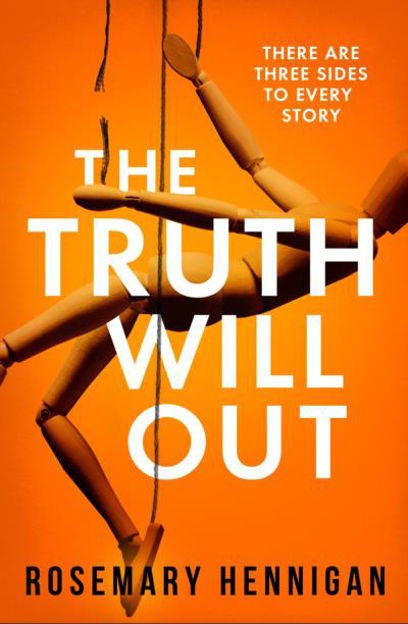
Shortly before the lockdown began in March 2020, we spent a weekend on the west coast of Clare, arriving into a storm that lasted the entire trip. Rain lashed the landscape, the wind driving waves against the coast where they broke in a spray of white. In the small gaps in the weather, we walked and explored as best we could, enjoying the moody atmosphere, if not the discomfort of wet socks.
We hiked up to a ruined ringfort on the edge of a cliff, which was all the more beautiful in the storm, even if we were soaked to the skin by the time we made it back to the car. We were the only people up there with the moss-covered stones and the wind-battered hawthorn trees, feeling as if we were disturbing slumbering ghosts.
On the drive back to the hotel, shivering in the car, there was a moment of magic. Out from behind the stone wall next to the road, a wild goat jumped, standing in front of the car for a brief moment, before it leaped into a field on the other side and disappeared. It was as tall as me, with curled horns and long grey fur hanging like a beard from its chin, the sort of thing you don’t expect to see in a modern world that is ruthlessly cultivated: a small flash of something truly wild.
When the lockdown began, so too did my novel. I needed an escape from the news, from the confines of our flat, from the looming sense of danger everywhere. Unsurprisingly, the inspiration began with Clare, with the untamed landscape of the Burren and the spontaneity of the wilderness. I thought about how a place can shape the people in it, the topography of the landscape, the wide open skies.
While writing at home in Dublin, I was locked in a two kilometre radius, working, eating, and relaxing in the same small apartment. On my daily walks, I would loop around the same road — Leinster Road — again and again, looking up at the houses and wondering what might be happening behind those walls. It quickly became one of the main settings for The Truth Will Out. And again, this setting began to shape the characters. The claustrophobia of that time gradually filtered into the novel too, much of the drama unfolding in a cramped attic on Leinster Road. Obsession began to grow, paranoia blooming, the dynamics between the characters straining, the mood of my reality seeping onto the page…
That’s the thing about stories: they can leap out at you like a feral goat on an old road but you never do know where they’ll lead or how you’ll be influenced next. For better and worse, life is full of the unexpected!
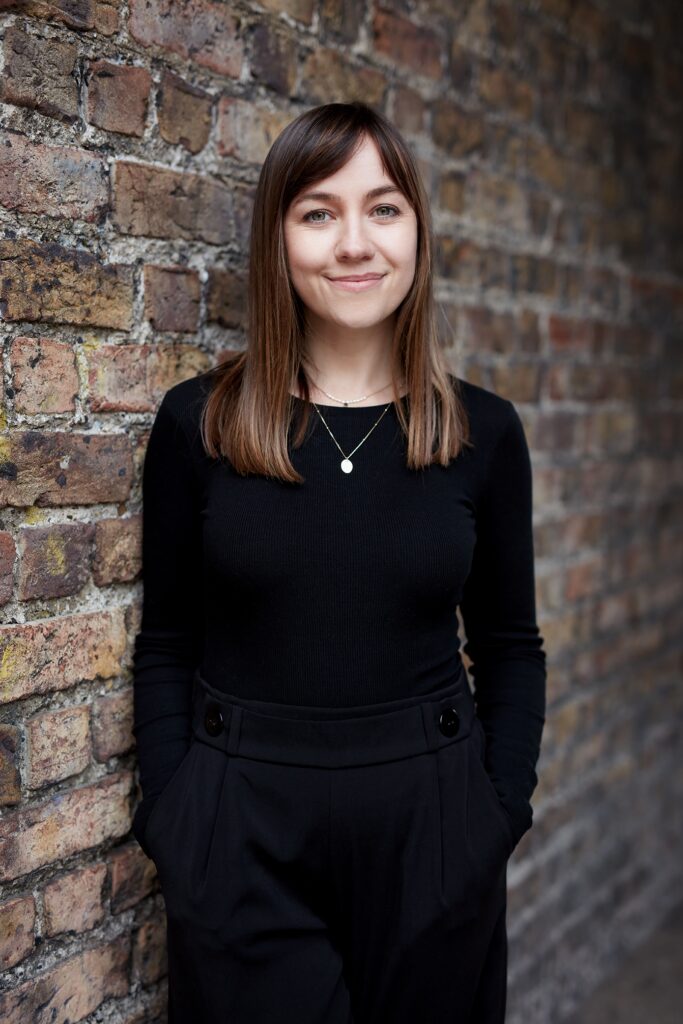
Rosemary Hennigan is an Irish author who lives in Dublin. She studied Law at Trinity College Dublin, and practiced as a solicitor for many years. She has worked in advocacy for a number of human rights focused NGOs and is a Fulbright Scholar.
She was shortlisted for the Benedict Kiely Short Story Competition and longlisted for the Colm Tóibín Short Story Competition. The Truth Will Out is her debut novel.



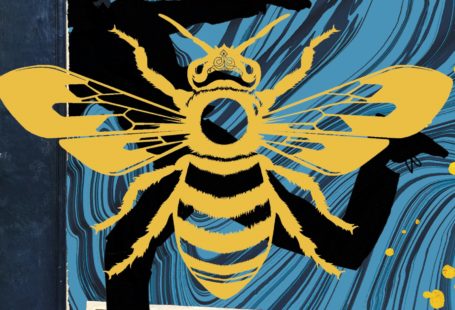
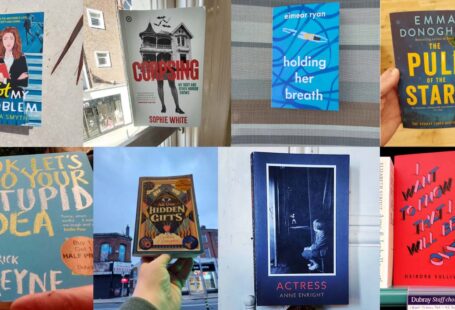
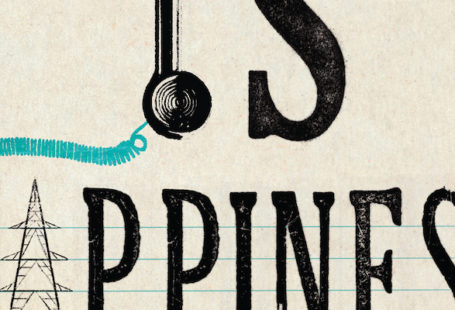
Recent Comments